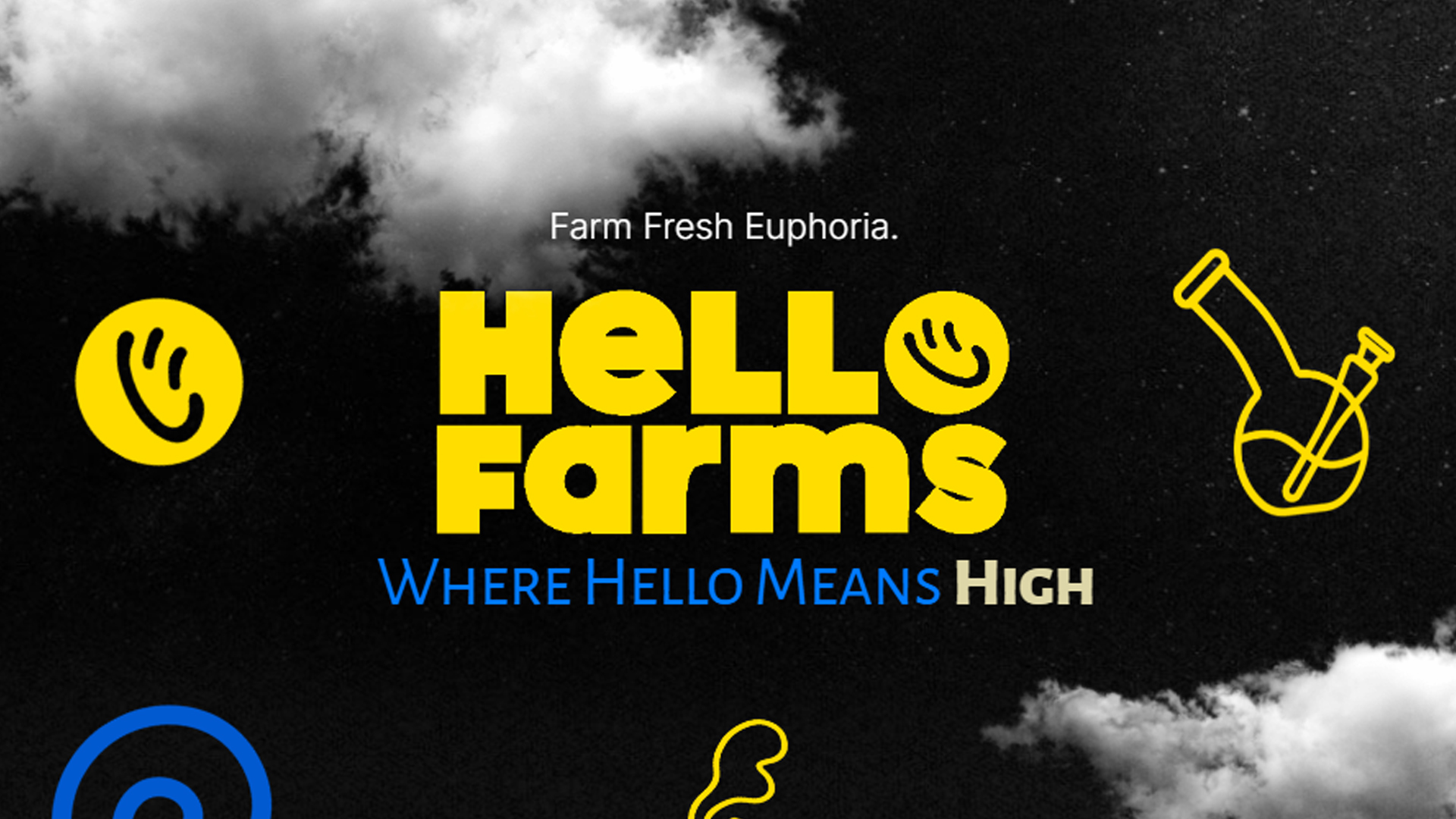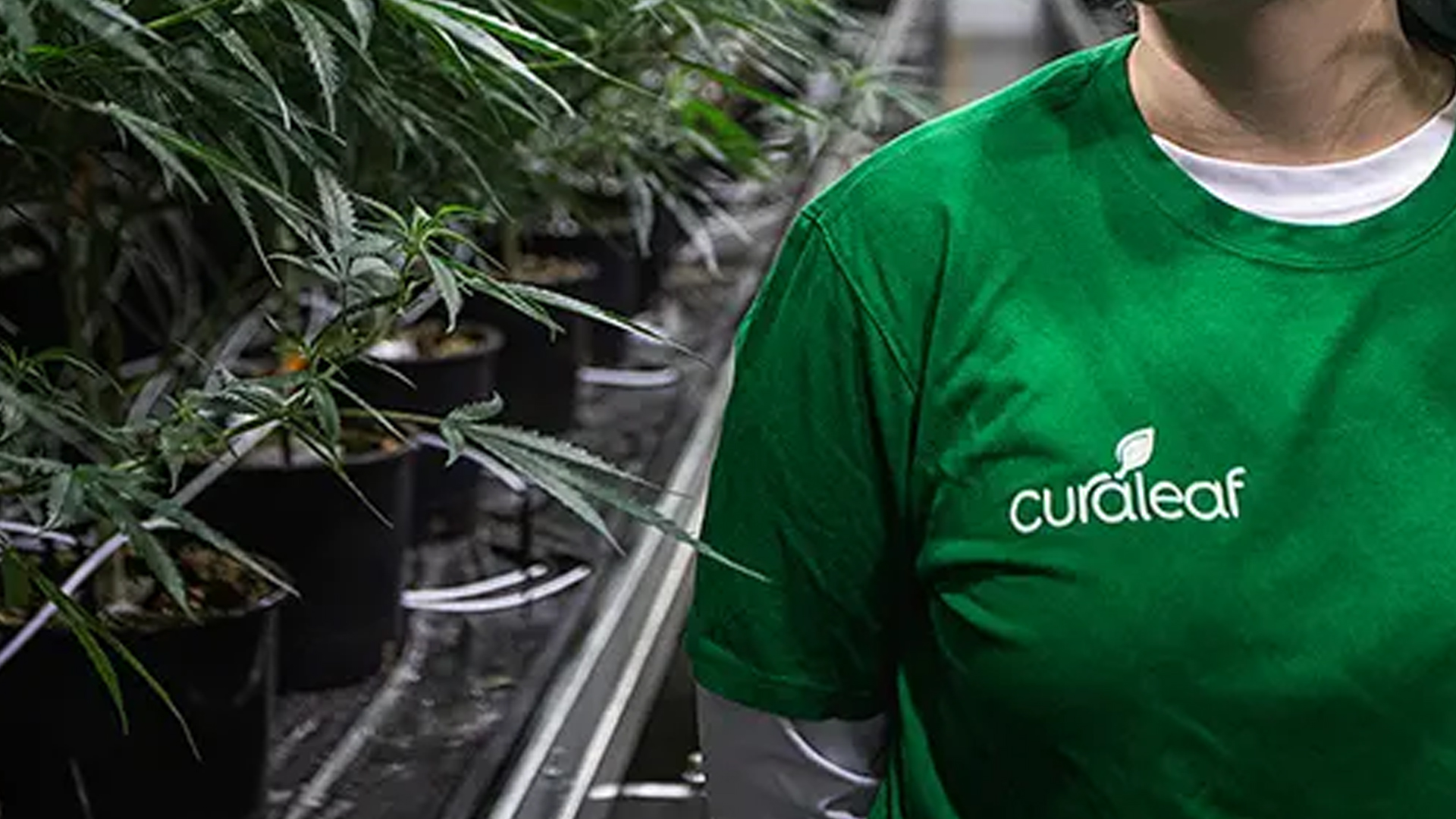Michigan Grower Hello Farms Wins $32M Lawsuit against Curaleaf—Here’s How
- Magic Plants
- February 7, 2025
- No Comments
How Corporate Greed and Market Ignorance Led to One of the Biggest Cannabis Industry Lawsuits
The Michigan cannabis industry has seen its fair share of legal battles, but the recent $31.8 million judgment against Curaleaf—the nation’s largest cannabis company—stands out as a textbook case of corporate arrogance meeting harsh market realities.

At the center of this lawsuit is Hello Farms, a Michigan-based cannabis cultivator that had the foresight to secure a legally binding purchase agreement with Curaleaf in 2020. What followed was a drawn-out legal war that ended in one of the largest financial penalties ever awarded in a cannabis contract dispute. How did Curaleaf miscalculate so badly? Let’s break it down.
Sponsored Content
The Deal That Doomed Curaleaf
In 2020, Curaleaf struck a deal with Hello Farms to purchase outdoor-grown cannabis at a fixed rate of $1,000 per pound (as long as it tested at least 12% THC). The contract also locked in a price of $850 per pound for the 2021 harvest. While this might have seemed like a safe bet at the time, the cannabis industry was already heading into a price collapse.
Michigan’s market was rapidly expanding, and supply was beginning to outpace demand. Wholesale prices for outdoor flower had already started to decline, a trend that Curaleaf should have anticipated. But instead of pricing the deal based on market conditions, Curaleaf locked itself into a high-cost, low-value agreement that would soon become a nightmare.
Why Would They Pay $1,000/lb for 12% Outdoor?
One of the most baffling aspects of this deal is why Curaleaf agreed to such an inflated price for low-potency outdoor flower. In a market where indoor-grown cannabis regularly tests above 25% THC, agreeing to $1,000 per pound for outdoor flower at just 12% THC was a strategic blunder.
Key Issues with This Decision:
Outdoor flower is typically lower in potency and visually less appealing, making it harder to sell at a premium price.
By 2020, Michigan’s cannabis supply was already rising, and wholesale prices for outdoor-grown cannabis were dropping below $1,000 per pound.
Curaleaf’s competitors were securing better deals, leaving them locked into an overpriced agreement that quickly became a liability.
Curaleaf completely misread the market, assuming prices would remain high. Instead, they found themselves overcommitted to an expensive contract they couldn’t justify, leading to their desperate attempt to renegotiate.

Michigan Stands Up Against Corporate Takeover
One of the most satisfying takeaways from this case is that Michigan isn’t rolling over for massive out-of-state corporations looking to exploit the state’s cannabis market. The fact that Hello Farms—a local grower—stood its ground and won against Curaleaf, a New York-based giant, is a huge victory for small cannabis businesses.
Michigan has always been a state where small, independent growers thrive, and this lawsuit reinforces the message that big cannabis can’t steamroll over local operators without consequences.
Key Takeaways:
Local growers are learning how to fight back against MSOs that try to manipulate contracts and pricing.
The legal system worked in favor of fairness, proving that even the biggest cannabis companies can’t escape accountability.
This case sets a precedent that could help other independent growers push back against predatory corporate practices in the industry.
With Michigan’s cannabis industry already dominated by small cultivators and craft producers, the Curaleaf loss serves as a warning: If you want to do business in Michigan, respect the local players—or risk paying the price.
Corporate Panic: Curaleaf Tries to Back Out
By late 2020, Michigan’s wholesale cannabis prices had plummeted, and Curaleaf quickly realized they were overpaying for weak outdoor flower. Rather than honoring their commitment, they tried to renegotiate—proposing a 60% price reduction for the remaining 2020 harvest and attempting to modify the terms of the 2021 contract.
But Hello Farms refused to budge. They had a legally binding agreement, and they weren’t about to let Curaleaf escape its obligations just because the corporation had miscalculated market trends.
When Hello Farms demanded that Curaleaf pay what they owed, Curaleaf stopped purchasing altogether, breaching the contract.
In 2021, Hello Farms took them to court.
Curaleaf’s Weak Defense Falls Apart
Curaleaf, realizing they were in trouble, countersued, claiming that:
Hello Farms failed to prepare the lots post-testing,
Hello Farms delayed deliveries, and
The company was not notified in time when the product was ready for pickup.
But none of these arguments held up. The federal jury dismissed Curaleaf’s counterclaims and ruled unanimously in favor of Hello Farms. The verdict? Curaleaf had breached its contract and now owed $31,848,279 in damages.

Final Thoughts: A Lesson for the Cannabis Industry
The Curaleaf vs Hello Farms debacle is a clear warning for local growers and corporate cannabis operators nationwide:
Think Critically!
Don’t overestimate your ability to control the market. The cannabis industry is volatile, and fixed-price contracts can quickly become liabilities if you’re not careful.
Respect the Locals!
Don’t assume they will back down. Smaller cultivators are learning how to fight back against corporate exploitation, and this lawsuit proves they can win.
Keep Your Word!
Contracts matter. Read the fine print. Trying to renege on agreements because the market changes isn’t just unethical—it’s legally disastrous.
While this case has shaken the Michigan cannabis industry, it may ultimately strengthen the market by reinforcing fair business practices. For now, Curaleaf is left licking its wounds, a multi-billion-dollar company outmaneuvered by a local grower who simply knew the law and wasn’t willing to be pushed around.
Just imagine how many other growers they’ve done business with that couldn’t afford to sue them or couldn’t wait nearly five years for a lawsuit to resolve.
“How long do I have to go on food stamps to get an MSO to treat me right?” —asking for a friend! 😉
What do you think? Is this a win for small growers, or just another example of corporate cannabis recklessness—or both?
Drop your thoughts in the comments below or tag us on Instagram with your video response: @glacier.mi @magicplants
—Magic Plants for Glacier Cannabis News
Sources: Green Market Report, Crain’s Detroit Business, Marijuana Retail Report, and others
Post Tags :
- cannabis contract dispute
- cannabis industry legal battle
- cannabis market crash
- curaleaf
- Curaleaf lawsuit
- hello farms
- Hello Farms lawsuit
- How small cannabis growers are fighting back against MSOs
- How to protect your cannabis business from corporate lawsuits
- Michigan cannabis industry
- Michigan cannabis pricing trends 2025
- Michigan craft cannabis vs. corporate cannabis giants
- MSO vs. small growers
- Why did Curaleaf lose $32 million in Michigan?


